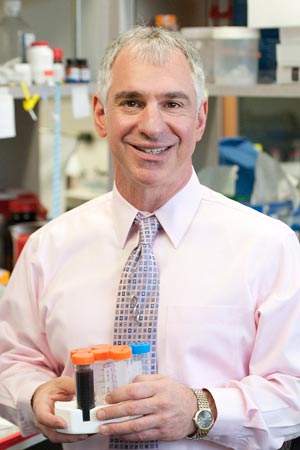Biologist and DNA expert Greg Hampikian will speak about how he has applied his DNA expertise to high-profile wrongful conviction cases during a free public lecture beginning at 7 p.m. Thursday, April 26, at the Cline Library Assembly Hall.
Hampikian, a biology and criminal justice professor at Boise State University, was instrumental in exonerating American Amanda Knox, who was wrongfully convicted of homicide and imprisoned in Italy. Knox’s defense team sought out and received permission from the Italian court to have Hampikian analyze the DNA evidence gathered from the crime scene.
His laboratory at BSU is involved in a wide array of DNA projects in the areas of forensic biotechnology, mitochondrial population studies, drug development, magnetic shape memory, the discovery of new Idaho species and bioinformatics. Hampikian also pioneered the study of the shortest DNA sequences not found in nature, which he has named “nullomers.”
Hampikian’s work has been published in leading scientific journals such as Nature, the Proceedings of the National Academy of Sciences, Science and Justice and the American Journal of Physical Anthropology, and he is the founder and director of the Idaho Innocence Project at BSU.
He works with police agencies and defense lawyers on DNA cases throughout the United States, Ireland, the UK, Italy and France, and his work has assisted with 10 exonerations—four of which used new DNA testing that led to criminal database matches. He is the co-author of Exit to Freedom with Calvin Johnson, which tells how Johnson was freed from prison by DNA evidence after 17 years behind bars.
The lecture is sponsored by the Arizona Innocence Project and the College of Social and Behavioral Sciences.



